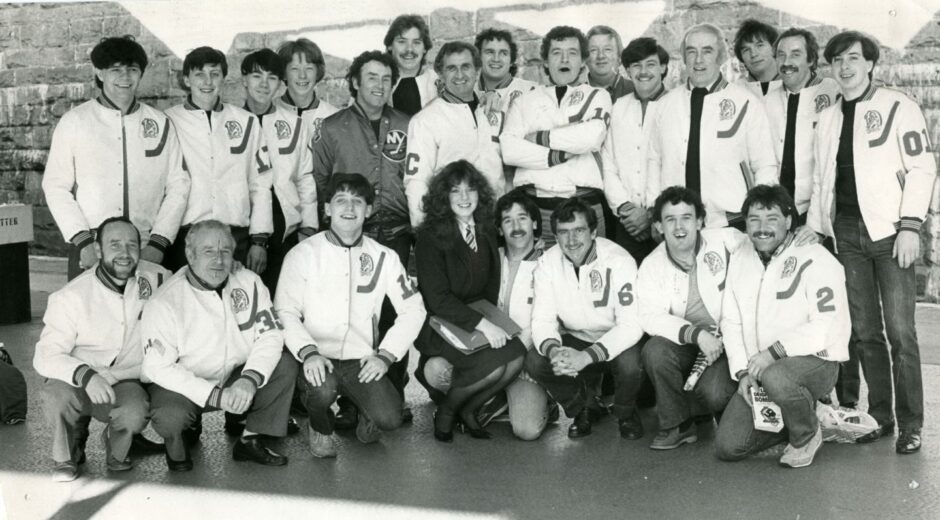
Dundee Rockets completed ice hockey’s Grand Slam 40 years ago which was the start of an extraordinary era of dominance.
They were initially formed as a ‘feeder’ team for the professional Dundee Tigers after a number of Canadians arrived in Scotland in 1946 to set up an ice hockey league.
The Rockets collapsed in 1955 but were reformed in the late 1960s by a bunch of lads who used to play unorganised hockey on Swannie Ponds when the water froze.
Guys like George Reid, Molly Reid, Bertie Ross, Willie Murray and Chris Farrell used to stump up two shillings and six pence every time they met which helped raise enough funds for sticks and equipment.
The Rockets finally got a home rink at Kingsway and won the Intermediate League in 1968-69, the Northern League in 1972-73 and the Spring Cup in 1973-74.
The club lost their league place and then home ice before returning to the professional ranks under Tom Stewart who was one of the original members of the Rockets in the 1960s and 1970s and had a grand vision of rebuilding a hockey legacy in Dundee.
The team at the start of the 1981-82 season was made up of fantastic local talent like Mike Ward, Joe Guilcher, Dougie Scrimgeour, Graeme Lafferty, Jock McGuff, Kenny Urquhart and brothers Ronnie and Ally Wood.
George Reid was the captain with an additional three full-time import players who were Chris Brinster, Roy Halpin and Kevin O’Neill from Concordia University in Canada.
The Rockets swept all before them during the 1981/82 season and became famous when BBC’s Grandstand and ITV’s World of Sport started covering the games.
The team won the Northern League, Scottish League, Autumn Cup and the British Championship when they defeated Streatham Redskins 3-2 in the final.
Dundee Rockets winning formula down to hard work
Dougie Scrimgeour came through the ranks from 1969 and worked for Stewart’s scaffolding business Monday to Friday and played for the Rockets at the weekend.
He told me: “We became untouchable in the early 1980s and the success came after the hard work in previous years to keep the Rockets on the ice at Dundee.
“The Dundee guys who kept the Rockets going through the bad times were the backbone of the team alongside the three best imports in the league.
“The first time the imports arrived they couldn’t believe we had to change in the public toilet before taking to the ice and I’ll never forget the look on their faces!
“We never took games for granted despite the quality in our squad although as a team we never imagined we would win so much silverware in our first year.
“We had a winning formula but our success was ultimately down to hard work!”
Roy Halpin found his way into the Guinness Book of Records during 1981/82 for the most goals in one British League game which was 14 against Durham Wasps.
He was also the holder of the British senior record for a season with 151 goals and 254 points in 48 games in 1981-82.
“It was a team effort but honestly Roy was a stand out,” said Dougie.
“If he played football, in comparison, he would be the George Best of ice hockey, because sometimes in games, things were not going to plan, and there was Roy who would just pop up and score a few goals to get us back on track.
“Playing for the Rockets at that time in the 1980s was special and we made history and I was lucky to be part of something which was unforgettable.”
Roy was inducted into the British Ice Hockey Hall of Fame in 1986.
Roy said: “From the onset, we never set objectives or expectations.
“As a team, we were a band of brothers put together unaware at any time of where it would lead. A mix of veterans, talent and youth melted into a solid, confident and consistent blend of will and winning attitude.
“We were not the best team but always found a mixed bag of ways to come out on top. In most cases in sport, heart over talent carries you over the finish line.
“Connectivity on and off the ice bring a sense of invincibility.
“We developed that as each game went on.
“There truly were better teams than the Rockets that year but if we were to identify the single most dominant factor that shaped us, it was a concoction of gelling persona and circumstances better described as DNA.
“At no time that first year did we believe we would win everything but we certainly believed in ourselves as each game went on. It really was all about heart and hard work and a celebratory pint after a difficult win.”
What were the stand out games?
Roy continued: “For sure the win in and against Streatham in the British Championship finals.
“They were a talented team and had depth in numbers. We hadn’t played them all season as they played in the Southern League. They were very structured in their play and their tight defensive strategy paid dividends.
“The game went to a shoot-out and ended with a Ronnie Wood goal and a first British Championship. When the trophy presentation was occurring as we stood at the blueline, I, to this day, have a clear recollection of a fleeting thought: How the hell did we manage this?
“A few pints with the team on our way back to Dundee reminded me that a band of brothers reigned.”
Chris Brinster managed to drop the British Championship trophy at Kings Cross Station which landed on the platform but was thankfully none the worse for his clanger!
Red and blue ribbons around silverware became a fixture over the next few years as the Rockets continued their winning ways fuelled by a team chemistry like no other.
The Rockets memorably won the Grand Slam three times in a row from 1981-1984 and were the first British team to participate in the European Cup.
NHL legend Garry Unger arrived in 1985 after Roy retired through injury but soon the results started to became average and the silverware started to dry up.
The 1987 season marked the end for the Rockets dynasty when Tom Stewart relinquished his ties with the team and the Rockets were no more.
A second Dundee Tigers team was founded in 1987 before eventually being dropped from the top flight in 1989 following the closure of the Dundee rink.
The ‘old rink’ was demolished for a Tesco site in the 1990s before the sport returned following the opening of Dundee Ice Arena at Camperdown Leisure Park in 2000.
So does it feel like 40 years have passed since that first Grand Slam?
The final word goes to Roy.
“At times it feels old and ancient, but then at other times I get a flash of images and storybook endings that always remind me of the great times, wins and championships that made us so unique.
“These highlights of my life will forever offer me a strut of confidence and recognition like no other.
“Championships give you memories, the team more importantly gave me friends.
“I was blessed.”
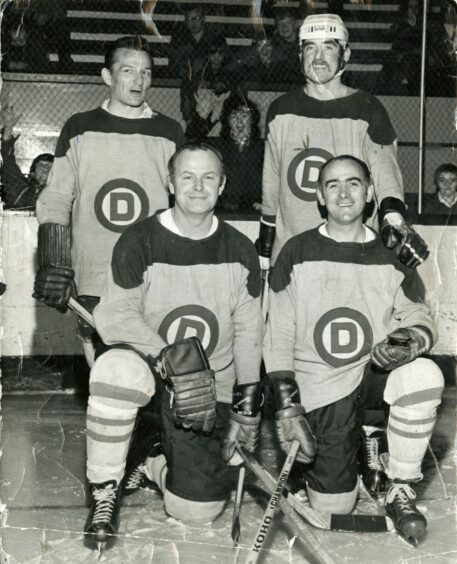
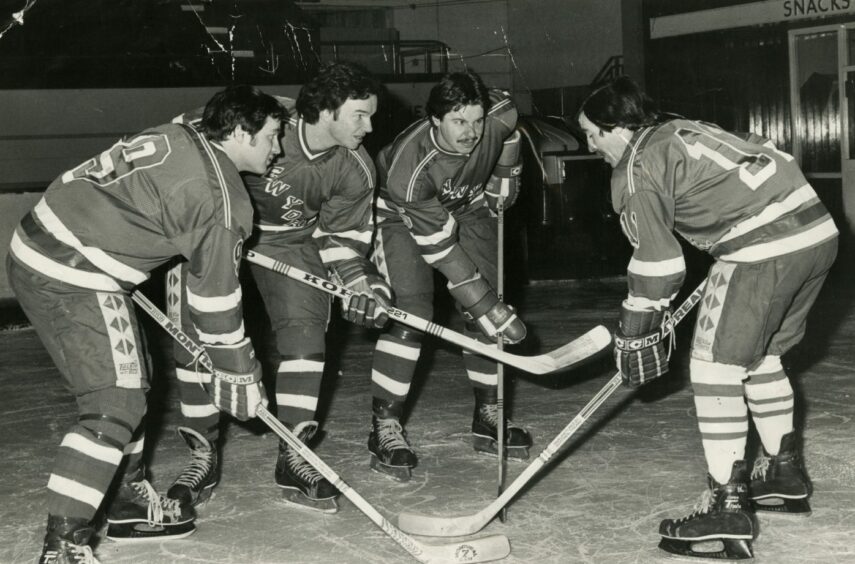
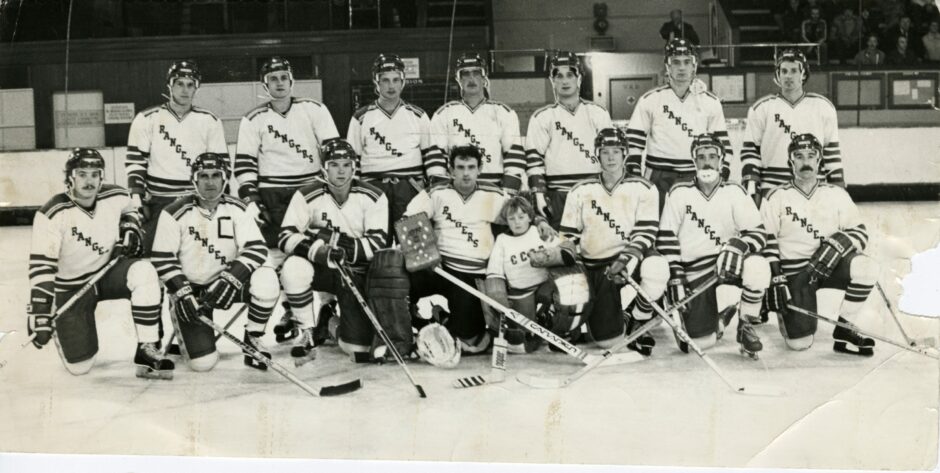
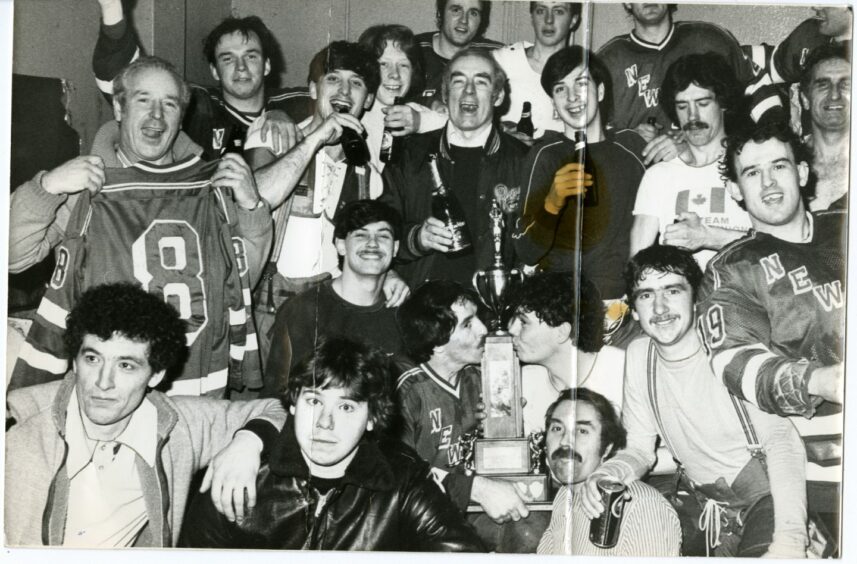
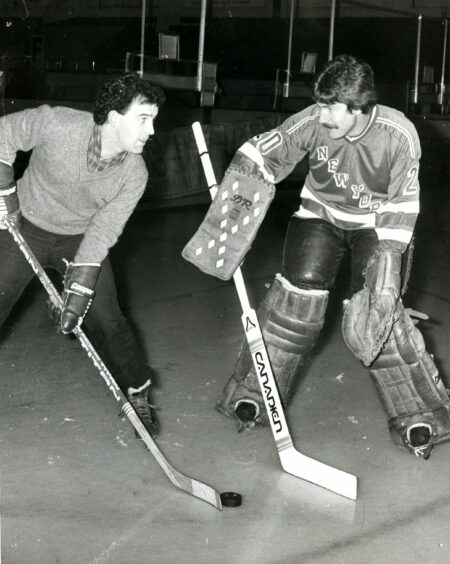
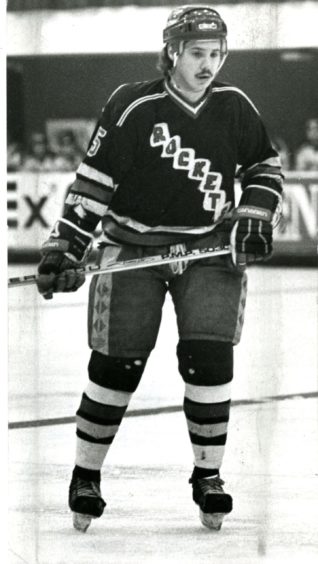
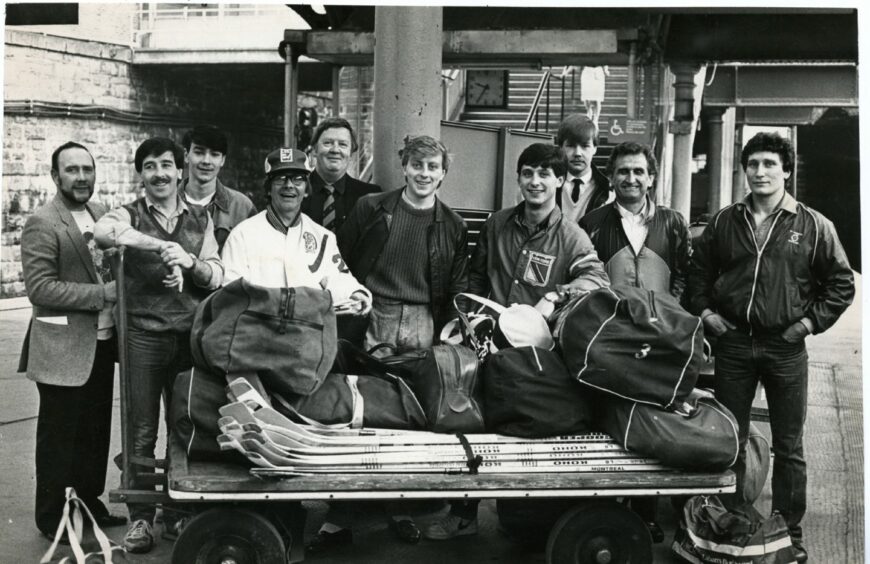
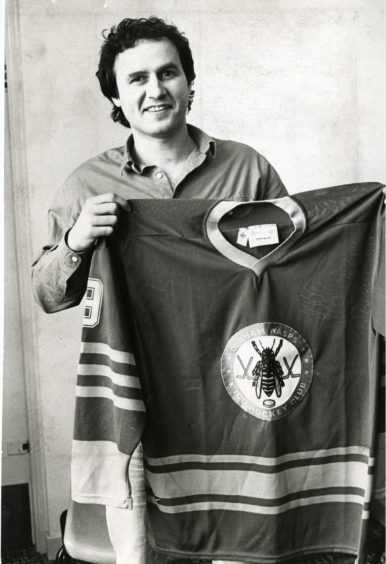


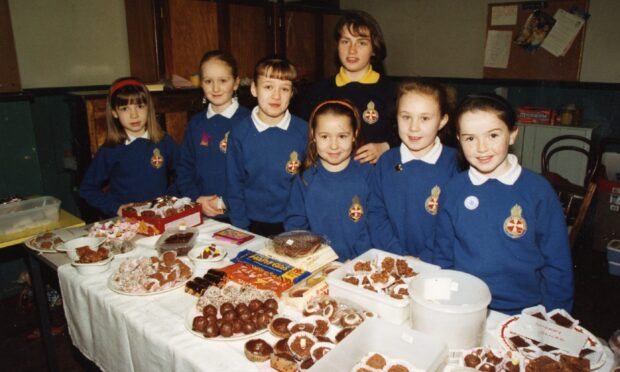





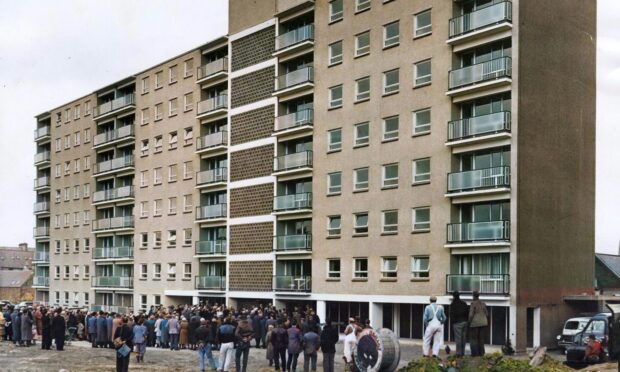
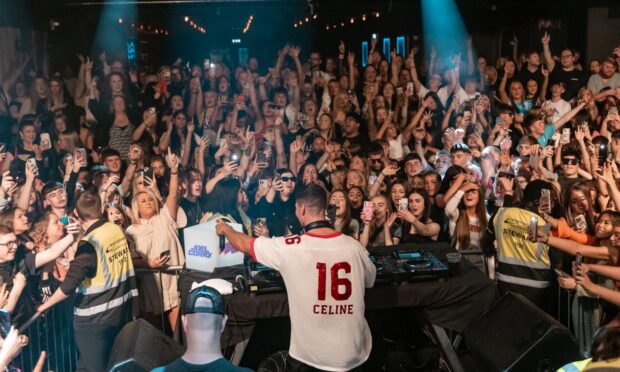
Conversation